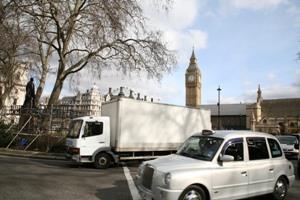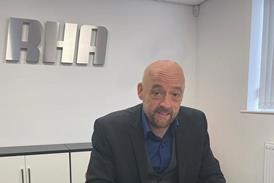
The health benefits from London’s Low Emission Zone have failed to materialise because levels of harmful particles have not changed, an influential group of MPs has been told.
Dr Ian Mudway, an expert in respiratory toxicology at Kings College London, told the environmental audit committee that his team were analysing data to see if the capital’s LEZ had reduced emissions affecting children’s allergic respiratory health.
He said: “We are analysing the data now to see whether there’s been a step change but our problem is we are looking at an effect which has been driven by a reduction in PM and NO2 concentrations and they haven’t changed, not in a simplistic way.
“You have to drill down deep, deep into the data and you can begin to pick out that the LEZ has maybe had an effect at some roadside sites on [certain emissions] but if you look at the things we actually regulate and the things which have the associations with health, they really haven’t changed and that’s because the technology didn’t deliver the benefits that we projected they have would have.”
Asked by the committee what the government should be doing to support research into air pollution, Dr Mudway said: “I think we need evaluation. If we have schemes to lower pollution and we want to see if it has an impact on health then we want to evaluate it.”
The comments came as West Sussex County Council (WSCC) said the 12-month unenforced trial of an LEZ in the village of Storrington was beginning to generate data after it launched at the end of May.
A council spokesman said: “WSCC did look at putting an HGV restriction on the route and this was concluded as being difficult as there are farms and businesses which need to be serviced. Enforcement of this type of restriction would also require a high level of police enforcement which may not be forthcoming.”













![Mercedes-Benz_eActros_600_(1)[1]](https://d2cohhpa0jt4tw.cloudfront.net/Pictures/274x183/8/2/0/17820_mercedesbenz_eactros_600_11_978080.jpg)


